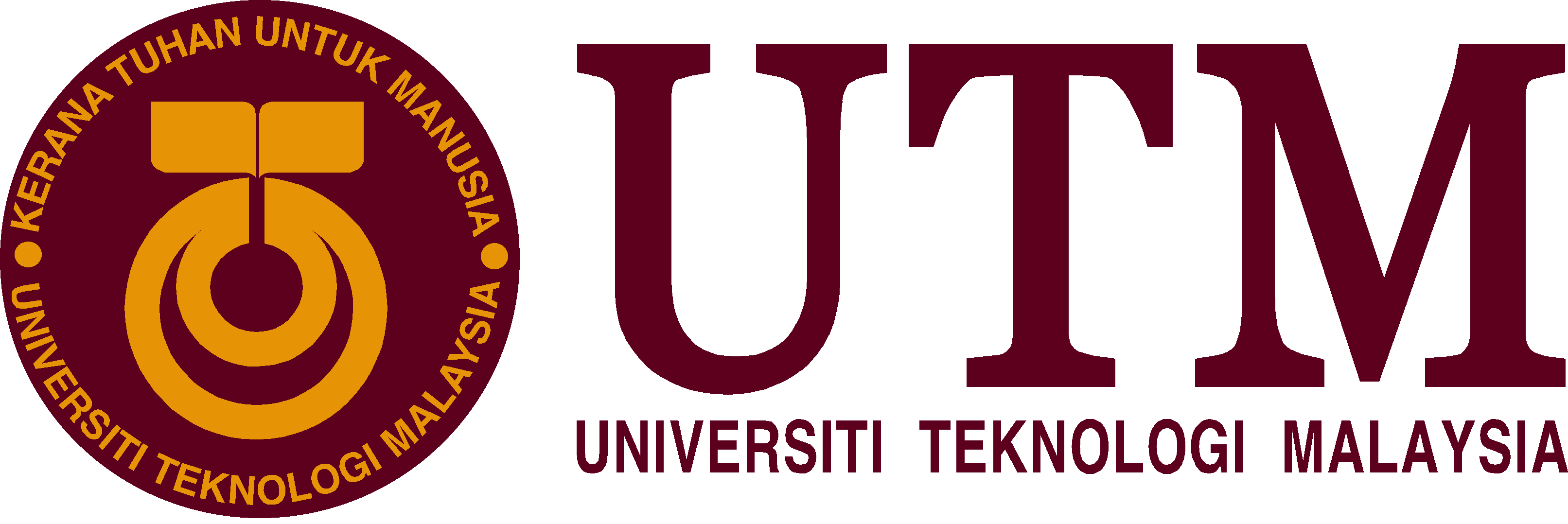The multi-billion-dollar patent war over the mRNA coronavirus vaccine has grabbed the attention of the likes of leaders from President Biden to Bill Gates. Its outcome could yet again change the course of the pandemic. It’s been well over a year since a landmark proposal brought the issue of patent waiver for the mRNA Covid vaccine to the spotlight. But many observers don’t see that waiving the intellectual property (IP) rights on Covid vaccines is an effective way to put a stop to the pandemic. Supporters of patent waivers like Harsha Thirumurthy, associate professor of medical ethics and health policy at the University of Pennsylvania, argue the issue lies at the heart of the reason why vaccines are less accessible in lower-income countries. “It limits how much manufacturing there can be of that product or that vaccine,” said Thirumurthy, adding it keeps the price “artificially high enough that it limits the ability of other countries in the world.” But critics counter that patent waivers will not automatically lead to an improvement in global vaccine distribution. Microsoft co-founder Bill Gates was among those who originally spoke out against the patent waiver, emphasizing that there are problems beyond patents that must be addressed first. Gates later reversed his stance and is now in full support of temporarily waiving the protections over coronavirus vaccine patents. “Having a billion vaccines sitting in a warehouse of a lab that’s developing will do no good getting us back to normal,” said Heath Naquin, vice president of government and capital engagement at the University City Science Center, a nonprofit research organization, in Philadelphia. “The patent waiver itself doesn’t actually solve that core issues in many developing countries, which are not related to the recipe, they are related to the way you get that out the door to people.” However, experts on both sides of the debate seriously doubt whether a patent waiver on Covid-19 vaccines will ever come to be.
